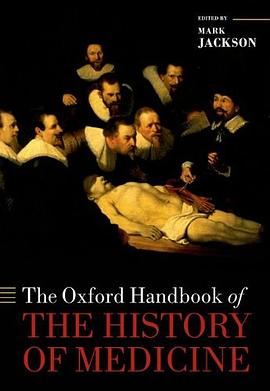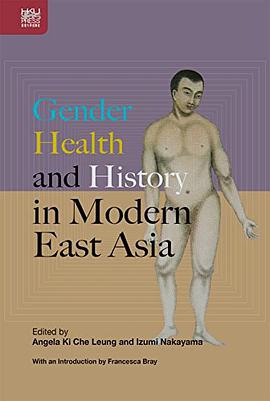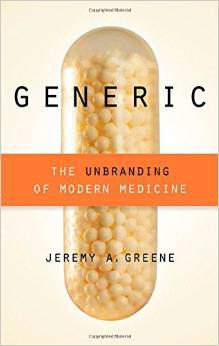The Oxford Handbook of the History of Medicine 豆瓣
作者:
Mark Jackson
Oxford University Press
2011
- 11
The Oxford Handbook of the History of Medicine celebrates the richness and variety of medical history around the world. In recent decades, the history of medicine has emerged as a rich and mature sub-discipline within history, but the strength of the field has not precluded vigorous debates about methods, themes, and sources. Bringing together over thirty international scholars, this handbook provides a constructive overview of the current state of these debates, and offers new directions for future scholarship. There are three sections: the first explores the methodological challenges and historiographical debates generated by working in particular historical ages; the second explores the history of medicine in specific regions of the world and their medical traditions, and includes discussion of the 'global history of medicine'; the final section analyses, from broad chronological and geographical perspectives, both established and emerging historical themes and methodological debates in the history of medicine.


